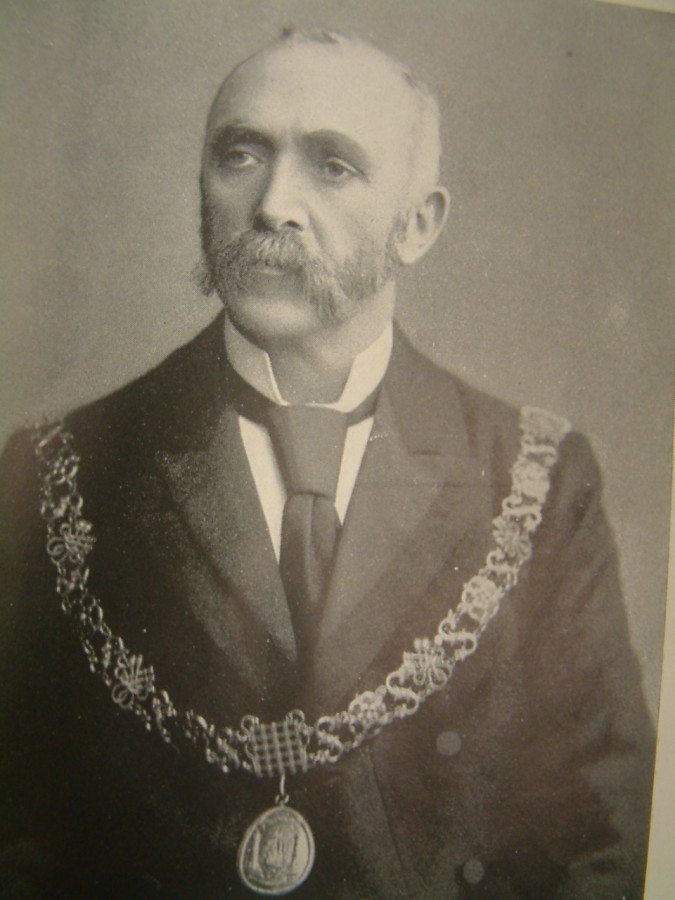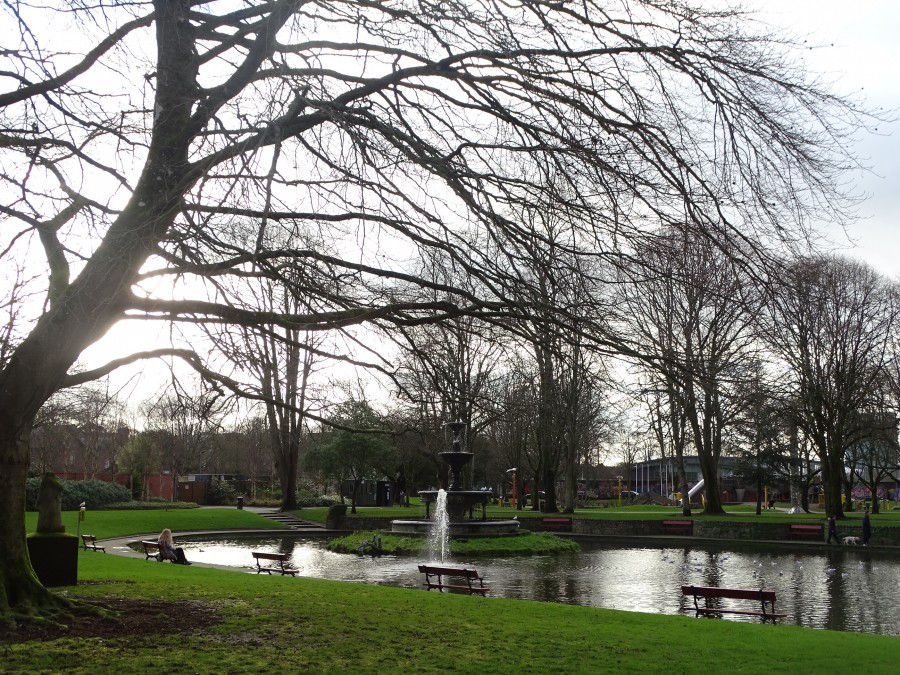
Kieran’s Our City, Our Town Article,
Cork Independent, 6 February 2020
Remembering 1920: Sir Edward Fitzgerald Speaks Out
In a wide-ranging interview published on 3 February 1920 in the Cork Examiner senior councillor of Cork Corporation, 70-year old Sir Edward Fitzgerald of the Irish Parliamentary Party, is still hopeful but with a hint of political battle weariness. Being involved with Cork Corporation since the 1880s his voice consistently echoes through the Corporation’s minute books raising pertinent questions about the future of the city and about the city’s most acute social problems. As a builder and contractor in Cork, many of his contributions focus on issues such as the need for affordable and decent housing to replace some of the city’s most atrocious slum-ridden areas, the need for affordable rent fair rent, the need to promote Cork in Ireland and within the British Empire and the need for public spaces such as parks to walk in.
Edward took an active part in municipal affairs and was also a member of the Cork Harbour Board, the Board of Guardians, and many social and political societies. He also filled the office of High Sheriff in 1880s. At the time of the Parnellite split he threw in his lot with the anti-Parnellites. He unsuccessfully contested North Cork City in 1910 as an Independent candidate against Mr William O’Brien and Mr George Crosbie. A decade later – once more a Nationalist member – he witnessed the demise of the once powerful Irish Parliamentary Party at the hands of Sinn Féin in the Cork Corporation Local Elections in January 1920. No more did his party have a majority but looked on as Sinn Féin took control over Councils up and down the country.
Edward was elected Lord Mayor of Cork City in 1901 and held the position for two further years. In 1902 Edward took a prominent part in organising the Cork International Exhibition, which proved a remarkable success. As Chairman of the Executive Committee he travelled throughout Ireland and Scotland collecting funds for the project. The exhibition won additional fame through a Royal visit in 1903 from King Edward VII on which occasion the King conferred a baronetcy on Edward. So great was the success of the exhibition that it was continued a second year. After the exhibition the grounds were converted into a fine public park, which was given the name of Fitzgerald Park in honour of Sir Edward.
In Edward’s February 1920 interview he is quick to note the principal issues of living in southern Ireland in his day – a region steeped in age-old land agitation and the ongoing quest for fair tenure and rents, the need to harness national industrial resources, the call to build more housing, solve poverty as well the alcohol abuse and mental health problems of the day.
In the course of his remarks, Edward observed upon agricultural labour in Ireland; “I am a few years beyond the allotted span, that is seventy years of age, and, therefore, 1 have a very great knowledge of both country and city life. I lived in the country until I was twenty four years of age, and I have a very clear recollection of the conditions that prevailed amongst the agricultural communities at that time. The labourers and the great majority of the farmers were then, what I say with truth term, white slaves. The land laws that were then in existence enabled the owners of land to look upon the land as if it was their own and made for their own use and benefit, and also that the tenants and their families, that they placed on the land, were for their own use and benefit”.
The conditions that then prevailed are, Edward was glad to say, had changed, but those conditions were only changed after years of agitation; “the change came, and I will say no more about it because I don’t wish to refer to the past or to try and stir up any old sores. After the great land agitation that raged acutely for forty years it was expected that peace and contentment would be the lot of the people of Ireland, but I regret to say that in the settlement affected at the time there was one class left out in the cold, and that class is the labourers of both the country and urban district”.
In the interview Edward asked that citizens travel the Lee Valley from Macroom to Cork and see the great number of labourers’ cottages, which, certainly he deemed a great improvement on the state of things and far cry from “only mud cabins, with pools of stagnant, water in front of them”. Attached to them were small patches of ground, in which the occupiers grow a little potatoes and vegetables.
Edward’s remarks concluded that those struggling to find accommodation could be given a house to rent with five acres of land for food allotments, and such land should be bought by government from farmers with large acreage in the area, across the Lee Valley. In essence, he wished for the mass expansion of the model cottage scheme, which was so successful in the Cork Rural District Council. It is unrecorded what the Westminster government official line was to his suggestion as the IRA attacks on regional RIC barracks consume the news columns of the regional newspapers with the advent of Spring 1920.
Captions:
1034a. Edward Fitzgerald as Lord Mayor of Cork, c.1901 (source: Cork City Hall)
1034b. Fitzgerald’s Park, present day (picture: Kieran McCarthy)
